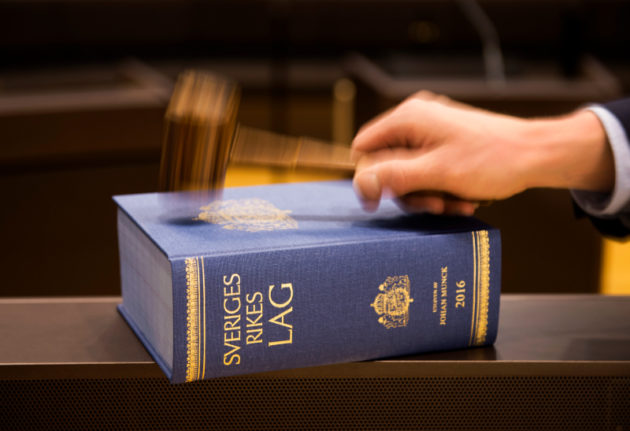The decision not to grant a permit to the planned rallies in February followed a separate burning of the Quran in January, which sparked fury in many Muslim countries and angered Turkey, putting Sweden’s Nato application on hold.
Sweden’s security police said the January demonstration by far-right activist Rasmus Paludan, which did have a permit, had made the Nordic country a higher priority target for terror attacks.
Protests are rarely banned by Swedish police as they are considered a right under freedom of assembly, guaranteed by the constitution, but police cited the risk that further protests could provoke terror attacks or attacks against Swedish interests.
The groups behind the rejected February demonstrations appealed the police’s decision, and on Tuesday a court in Stockholm ruled in their favour and overturned the ban.
The court said that a demonstration permit may only be denied if “relatively concrete circumstances” indicate that there could be security risks or threats to public order at the rally.
“The available possibilities to refuse permission for public assembly are very limited. The administrative court does not consider that the threat presented as the basis of the police authority’s decision to deny the permits is sufficiently concrete and linked to the gathering in question,” said judge Eva-Lotta Hedin in a statement explaining the ruling.
Turkey and Hungary are the last holdouts to ratify Sweden’s Nato membership, after it broke decades of military non-alignment and applied following Russia’s war on Ukraine.
The January Quran burning, carried out by Paludan behind the protection of a police officers and in front of cameras, spurred anti-Swedish protests in several Muslim countries.
Negotiations with Turkey on Nato accession were suspended but restarted in March.



 Please whitelist us to continue reading.
Please whitelist us to continue reading.
Member comments